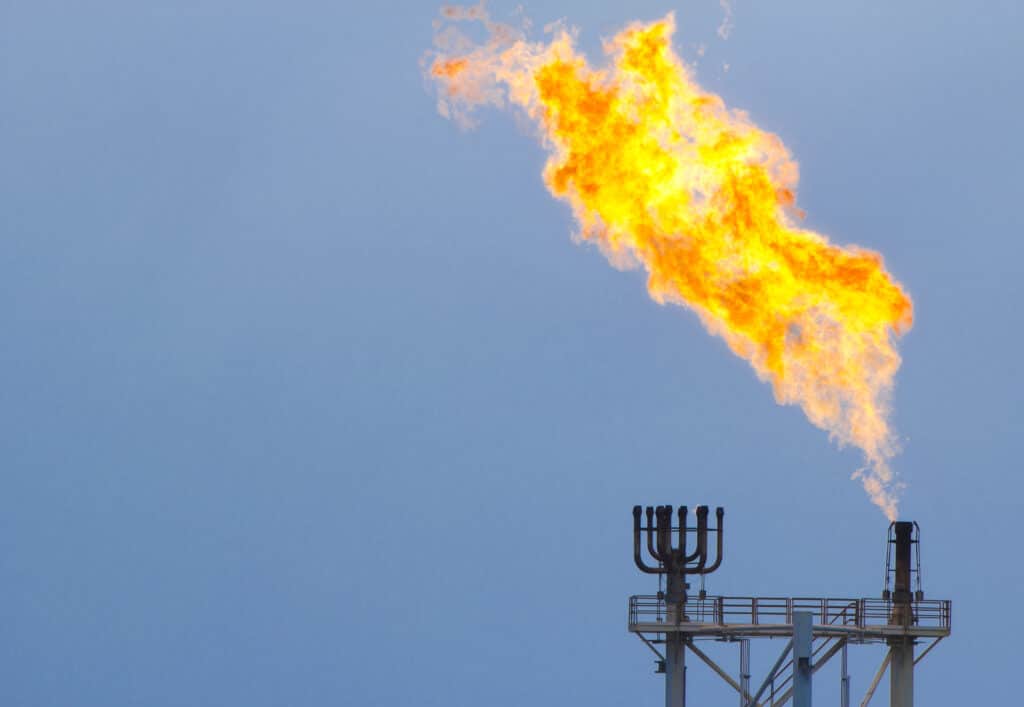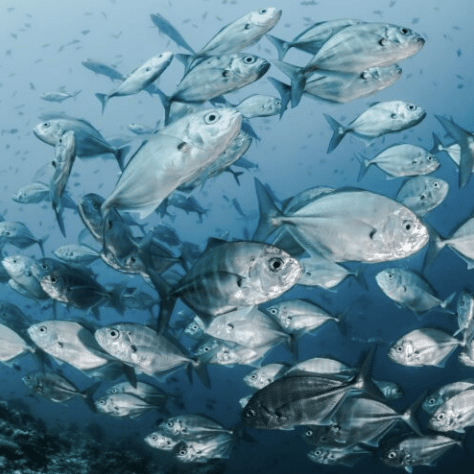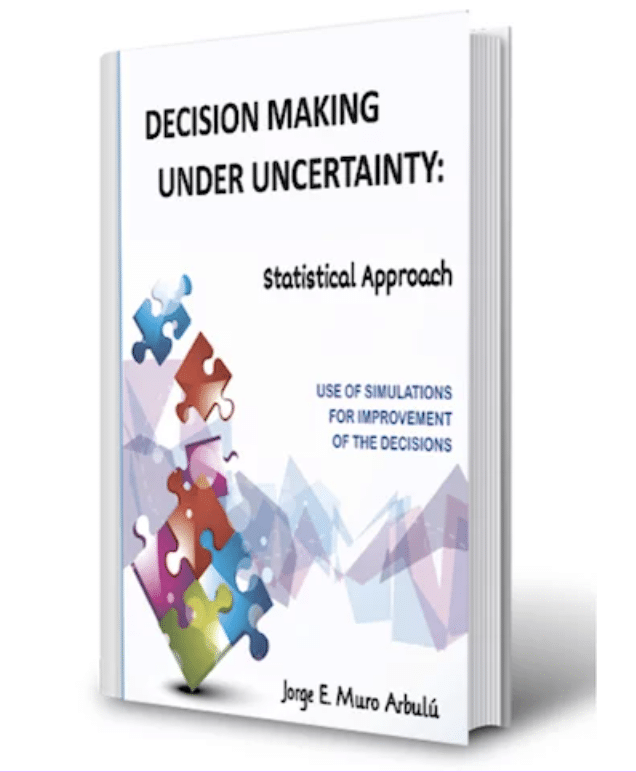Analytica > Academic research

Academic research
Analytica is used for teaching and research in many leading universities across the world. Professors find it an ideal tool for students to learn the science and art of building effective decision models with. Its visual influence diagrams encourage students to conceptualize complex problems in the same way an expert modeler would, without getting bogged down in the detail of cell formulas. Its Intelligent Arrays help new modelers start out with a simple model and then add detail as needed.
We offer Analytica at about half-price for funded research for students and faculty
Some Analytica customers














